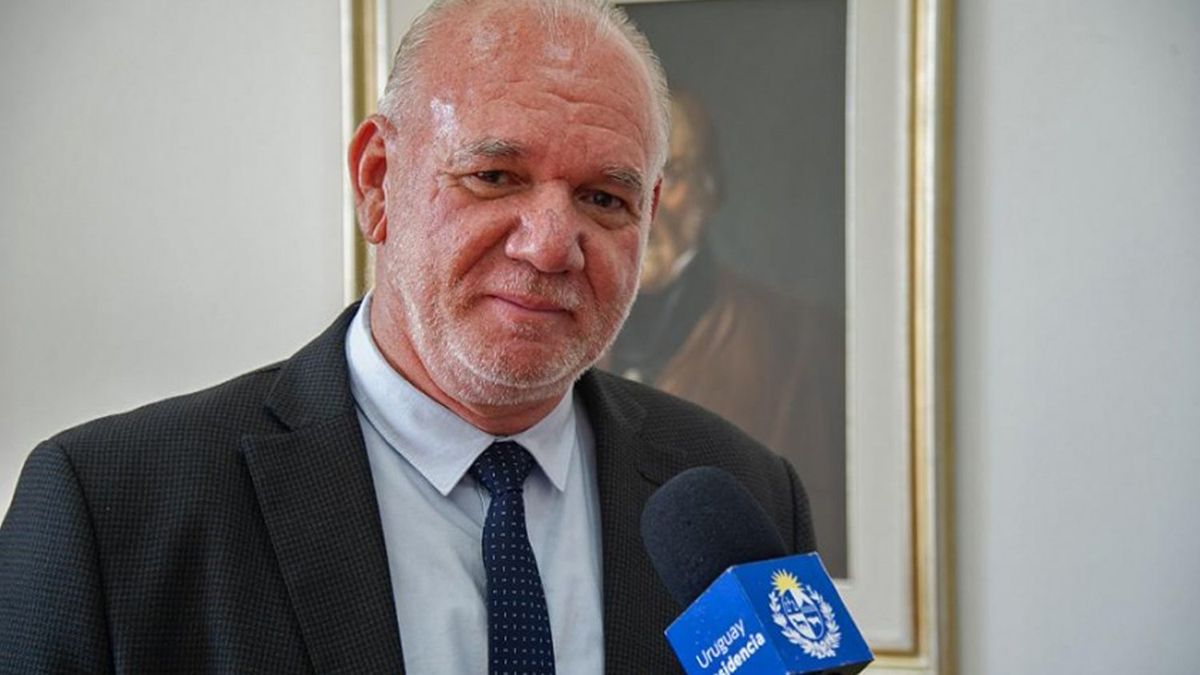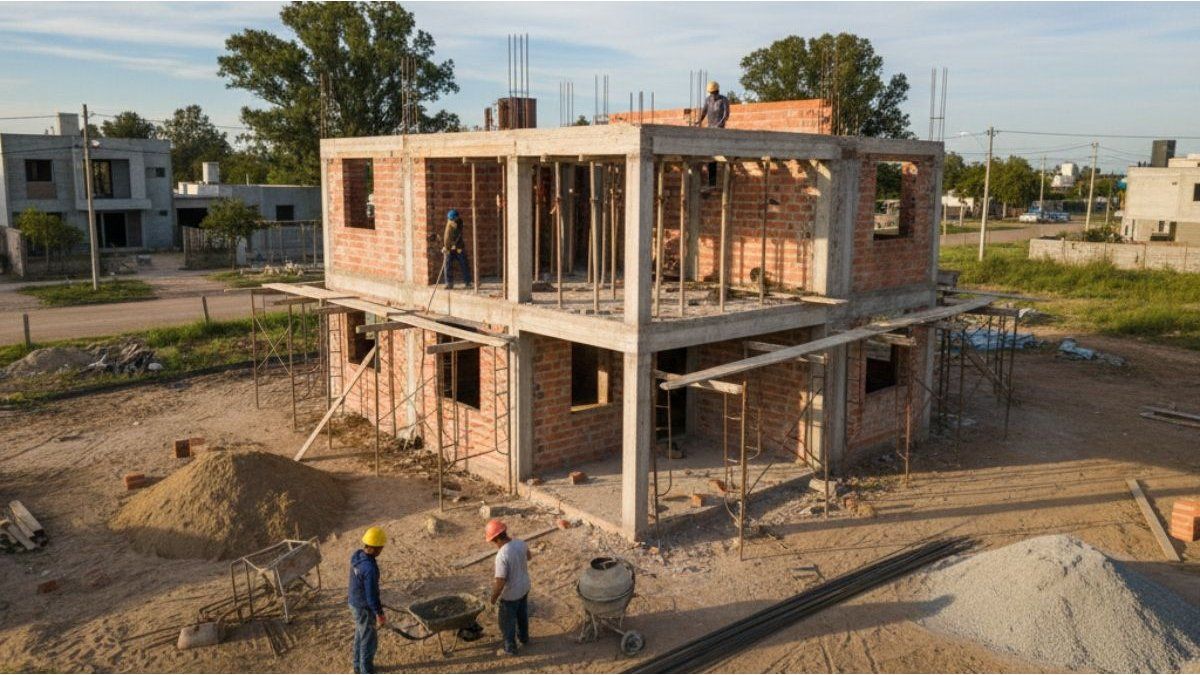The head of the portfolio of Industry, Energy and Mining, Walter Verri, He commented on the bill presented by the trade union centre to reduce the working day in the Uruguay and assured that the government has not yet taken a position on the matter and that other factors must be taken into account when discussing the initiative.
“Although it is necessary to put it on the table in order to discuss it, it is a project in which there is still no position from either party,” he said and stressed that it is a discussion that will take place in the next government.
In this regard, he commented that it is necessary to take into account other factors in order to discuss the project. PIT-CNT. “It is not possible to talk about reducing the working day if we do not link this to other types of measures, such as productivity. But measuring productivity is also a challenge,” he added.
Business chambers, against
The president of the Confederation of Business Chambers (CCE), Diego O’Neill, He said that they do not consider it best that the reduction of the working day be resolved through legislative means.
The leader assured that the issue is on the agenda and that there are some sectors that are already debating the possibility of reduce working hours. These include construction, beverage and metalworking.
“This is also something that is in practice in many companies. Shorter working days or those based on meeting objectives or half-day Fridays,” he said.
However, the chambers consider that it is “not convenient” to carry it out legislatively and that it covers all workers. “It may have positive aspects, depending on the sector. But in general terms, for all sectors, for all workers, it does not seem to us to be a good measure,” O’Neill stressed.
What does the PIT-CNT propose?
Last week, the union presented the technical reports of the project at a press conference, which will also be presented to the presidential candidates of the different political parties.
In this regard, its president, Marcelo Abdala He indicated that the reduction of the working day to 40 hours a week with 48-hour pay “has a positive impact on the productivity” and generates benefits for the health of workers.
“The prospect is that in our country a law will be approved that establishes a maximum number of hours in the 40 hours per week with payment of 48 and in turn that this law is implemented or discussed at the level of the branch of activity through collective bargaining,” he added.
Source: Ambito




